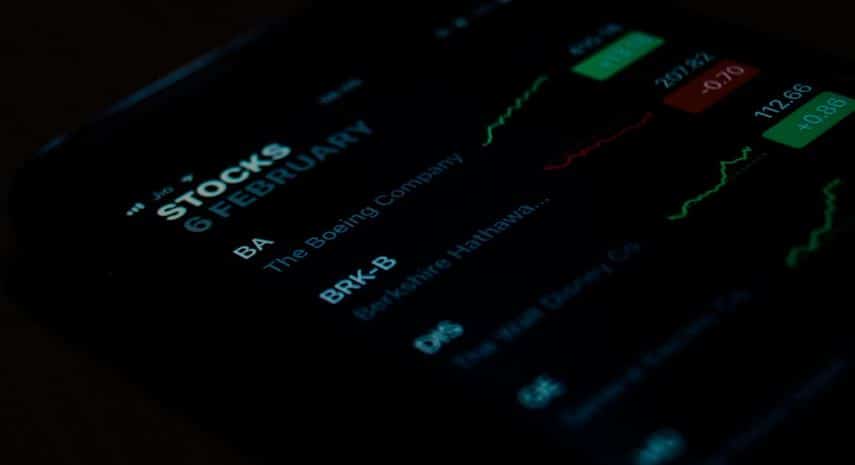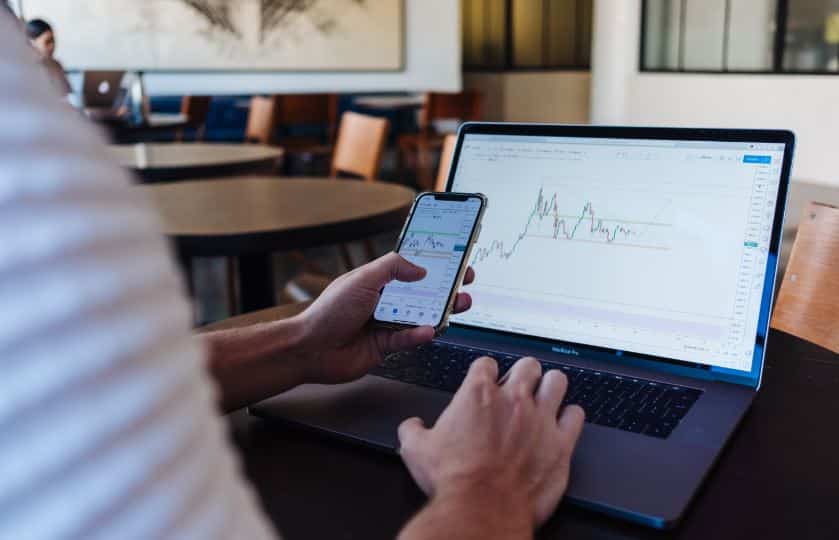Accounts of a Sole Trader
A sole trader is an individual who operates a business as a self-employed person. This means that the individual is personally responsible for all aspects of the business, including its finances. This blog post will explore the accounts a sole trader needs to maintain to manage their business effectively.
1. Income and Expenditure Accounts
One of the most important accounts for a sole trader is the income and expenditure account. This account tracks all the money that comes into and goes out of the business, including revenue from sales and expenses such as rent, utilities, and wages. By keeping a detailed record of income and expenditure, a sole trader can better understand the financial health of their business.
2. Cash Flow Statement
Another crucial account for a sole trader is the cash flow statement. This account shows the cash movement in and out of the business over a specific period. By closely monitoring their cash flow, a sole trader can make informed decisions about when to invest in the business, cut costs, and save for future expenses.
3. Profit and Loss Account
The profit and loss account, also known as the income statement, shows a business’s financial performance over a specific period. It calculates the difference between total revenue and expenses to determine whether the business is making a profit or a loss. By regularly reviewing their profit and loss account, a sole trader can identify areas of the business that need improvement.

4. Balance Sheet
The balance sheet is a snapshot of a business’s financial position at a specific point in time. It lists the business’s assets, liabilities, and equity, showing how much it owns and owes. By regularly updating their balance sheet, a sole trader can track the growth of their business and make informed decisions about its future.
5. Tax Accounts
A sole trader must keep accurate records of all tax-related transactions. This includes income tax, national insurance contributions, and other taxes that may apply to the business. A sole trader can ensure they comply with all tax laws and regulations by maintaining detailed tax accounts.
6. Petty Cash Account
A petty cash account tracks small miscellaneous expenses that occur daily. This can include things like office supplies, travel expenses, and postage. By keeping a separate petty cash account, a sole trader can easily monitor these expenses and ensure they are accounted for in their financial records.
7. Accounts Receivable and Accounts Payable
Lastly, a sole trader needs to keep track of their accounts receivable and accounts payable. Accounts receivable are the amounts that customers owe to the business, while accounts payable are those that the business owes to suppliers and creditors. By managing these accounts effectively, a sole trader can ensure they are paid on time and pay their bills promptly.

Maintaining accurate and up-to-date accounts is essential for a sole trader to run their business successfully. By keeping track of their income and expenditure, managing their cash flow, monitoring their profit and loss, updating their balance sheet, maintaining tax accounts tracking petty cash, and managing accounts receivable and accounts payable, a sole trader can make informed decisions about the financial health of their business and plan for its future growth.
Related Topics About Accounts of a Sole Trader
Accounting As A Sole Trader,
Accounting Sole Proprietorship And,
Accounts Of A Sole Trader,
Can You Check Sole Trader Accounts,
Cessation Accounts Sole Trader Example,
Do I Need An Accountant As A Sole Trader,
Do Sole Traders Have Accounts,
Final Accounts Of Sole Trading Concern,
How To Keep Accounts As A Sole Trader,
Sole Trader Accounts Example,
The Final Account Of A Sole Trader,
What Are Sole Trader Accounts
==========
Content 10/10/G